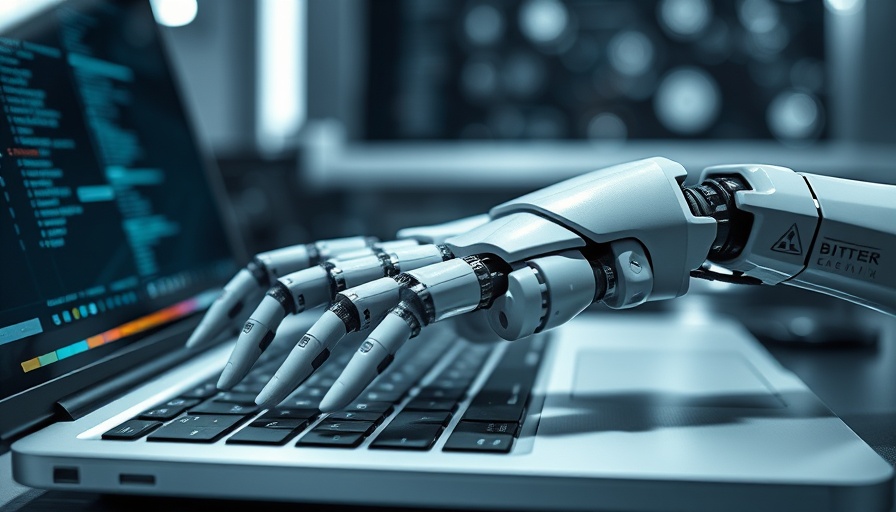
Amber Group Launches BUIDL_QUESTS 2025: A Game-Changer for AI and Crypto
In a significant move towards innovation in both artificial intelligence and blockchain, Amber Group has proudly announced the launch of the second iteration of its Web3 accelerator, amber.ac, titled BUIDL_QUESTS 2025. With an unprecedented funding pool exceeding $10 million earmarked for breakthroughs in AgentFi, this event catalyzes a transformative shift in how decentralized applications and autonomous agents interact.
The Power of AgentFi
AgentFi is quickly emerging as a pivotal concept in the crypto space, marking a shift from traditional blockchain applications to a realm where intelligent, autonomous agents become active players in the economy. These agents can perform a variety of tasks—from managing wallets and trading assets to assuming governance roles in decentralized systems. This paradigm provides a fertile ground for developers and innovators to explore new possibilities.
Building a Decentralized AI Economy
During the first BUIDL_QUESTS in 2024, Amber Group laid foundations that encouraged creators to engage in Web3 innovations. The considerable increase in funding for the current year reflects a commitment to nurturing ideas that push boundaries, especially in the AgentFi landscape. According to Thos Zhu, CTO and Co-Founder of Amber Group, "BUIDL_QUESTS 2025 represents our conviction in AgentFi as the next frontier of crypto innovation." This reflects a strategic pivot in the industry's focus towards harnessing the synergy of AI and decentralized finance.
Challenges and Opportunities
While the potential is immense, developers face numerous challenges in the rapidly evolving landscape of Web3 technologies. The integration of AI into blockchain systems requires not only technological know-how but also a deep understanding of the ethical implications and the need for robust data privacy measures. As AI becomes more autonomous, ensuring that these systems operate transparently and equitably will be crucial.
Inspiring Future Innovators
The initiative extends beyond providing funding; it aims to inspire a new generation of innovators who are not only tech-savvy but also equipped to tackle the ethical questions surrounding AI use in financial applications. By creating a supportive ecosystem for collaboration and shared learning, Amber Group is setting the stage for pioneering work that could influence global economic models.
Getting Involved: A Call to Action
Innovators, developers, and enthusiasts are invited to participate in BUIDL_QUESTS 2025. This is an incredible opportunity to be part of a transformative movement that integrates AI with blockchain technology to create decentralized economic systems. Those looking to contribute should consider crafting their ideas that align with the challenge’s goals and leverage the extensive support offered by Amber’s ecosystem.
The launch of BUIDL_QUESTS 2025 not only signifies substantial investment in technological advancements but also beckons individuals to partake in shaping the future of AI and crypto. Join this revolutionary journey today!
 Add Row
Add Row  Add
Add 




Write A Comment